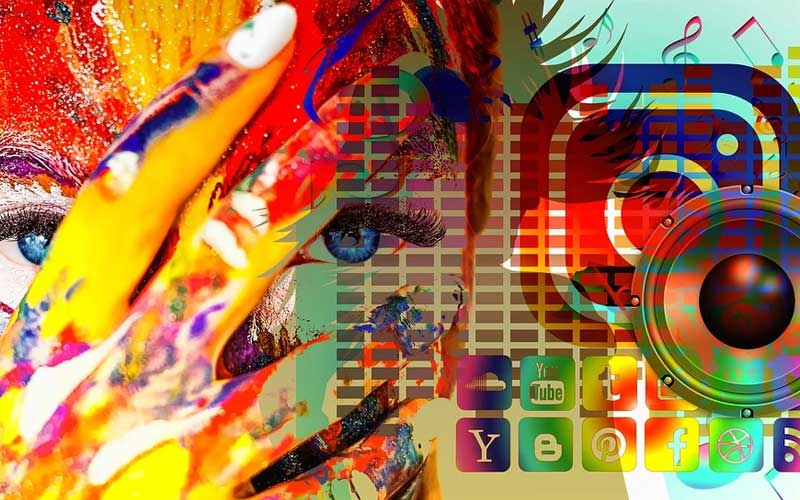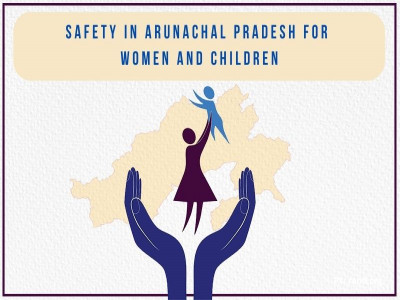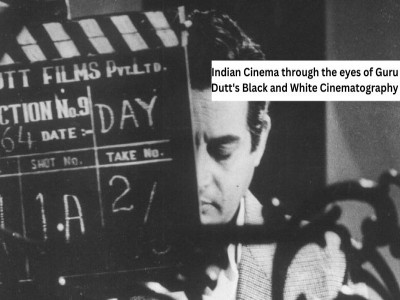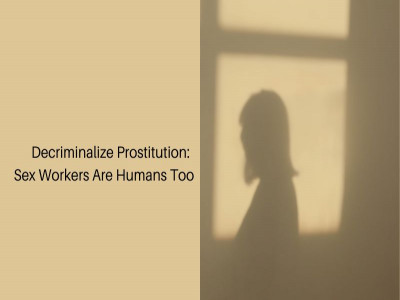
Shorter Attention Span - How true is it?
I get it, humans are ever so busy to hop on to the next big chase that we don't really have the time to sit back for a few precious minutes longer than we are 'required' to.
Although this piece is about how social media has actually affected our attention span if at all that really is the case, let's first dive into a sudden recall of my weird brain in this context. Have you heard of the app called 'Blinkist'? Well, it's a reading app that lets you extract key ideas from books in minutes without actually reading through the entire book, which would have otherwise taken you a whole lot more than just a few minutes.
The app tells us that we have no time to read a good book these days, and that makes us almost lose out on the valuable lessons that a good book provides.
Sounds logical enough, right? It's almost as if I want to agree to not having enough time on my plate to enjoy a good book. I'm not even denying that the app may be efficiently designed to actually extract valuable lessons from a book for people who are always on the go.
But being a person, who loves the essence of reading a book (although not an avid reader), I cringe at the idea of not having the luxury of book reading. More so, I do not believe that people don't have 'enough' time to fit reading books in their schedule.
Before I justify this point with my personal experience, let's go back to social media platforms affecting our attention spans. Let's compare two platforms here - Instagram and YouTube.
If you consciously scroll down your Insta feed, you will notice that you are much more likely to consume content that is quick to process - videos with quick demonstrations, one-liner wisdom, mini-comic series, etc. This isn't an exhaustive list but they pretty much cover the essence of content that I consume via Instagram.
In this case, I may just as well conclude that social media, has indeed reduced my attention span. To reinforce this observation, I almost skipped a video without even waiting for 3 seconds to check if it was worth my time or not - this happened to be one of those interactive videos where the host talks to his/her audience before getting to the demonstration part. The moment I saw that it's a video where I have to 'listen', rather than just watch and instantly consume the content in it, I scrolled past it.
However, I was somehow alerted at my strange reaction, so I made a conscious decision to revisit that video and check if my default reaction to the video was correct - turned out, the host in the video had a charming persona that made me sit through to watch the video for a few more seconds. But unfortunately, I got impatient and then I eventually abandoned the idea of watching the entire video.
Shorter attention span? Let's dig further...
The traits of content that I regularly consume in Instagram are -
- Aesthetically pleasing
- Short & crisp
- Often repetitive
- Plays in a loop
On the contrary, if I look into my content consumption pattern in YouTube, I find that -
- I watch videos that are easily above five minutes in duration.
- I sit through ads even when I hate it.
- The formerly rejected video in Instagram that had an interactive style, may not have gone unnoticed on YouTube.
As you have noticed, my YouTube consumption pattern contradicts my previous notion of having a shorter attention span. If the latter were true, I couldn't have sat through a single video for more than 2 minutes, with unwanted ads interrupting my attention flow. But then why was I not able to finish a 3-4 minutes long IGTV video despite perceiving the video content to be of high quality? Was it because I was on Instagram and not YouTube?
It's strange how my attention span changes from low to high when I transited from Instagram to YouTube. It has got nothing to do with quality, rather the layout of both these platforms.
I find that Instagram is designed in a manner that compliments minimal content. As a result, I find 'comfort' in browsing through short, aesthetically pleasing content on this particular platform, but that may be just it.
On the other hand, YouTube is known for housing all kinds of content - from facts to hacks, comparisons to unboxing, music to web series, and the list stretch on. As a matter of fact, stuff that I struggle to find in Google can be found on YouTube almost all the time with pretty satisfactory conclusions.
Platforms influence Attention span
This brings me to my concern regarding attention span - To me, my attention span looks like the structure of water - free-flowing but can take up any form when trapped inside a particular platform. When I log in to Instagram, my attention span adjusts to the content layout of the app that primarily supports a shorter duration of the content. So, I may be fooled to believe that my attention span has decreased overall if I continue to spend most of my time on this platform. But as soon as I switch to YouTube, I find myself again adjusting to the content layout of the video streaming platform - here my attention span expands to fit in longer duration of content consumption. This time, I'm more conscious of how my weird brain works.
My attention span, as I discovered, doesn't change permanently, but only momentarily with the platforms, I interact with. And eventually, when I get off the internet and pick up a good book to read - I find myself losing track of time and enjoying the old-world charm that books carry inside as if the internet hasn't even been introduced yet.
Back to the inception of apps such as Blinkist one last time
I understand how these apps can be of great use to some people. But my former assessment tells me that these apps are nothing but solutions to 'self-made' problems that easily go away if you just make a shift in the way you spend your time - both online as well as offline.
So the next time you think your attention span has taken a toll, try making a shift in the platforms you engage your time in. Surprise yourself with a positive reform!
Disclaimer: The opinions expressed in this article are those of the author's. They do not purport to reflect the opinions or views of The Critical Script or its editor.

Newsletter!!!
Subscribe to our weekly Newsletter and stay tuned.

















Related Comments